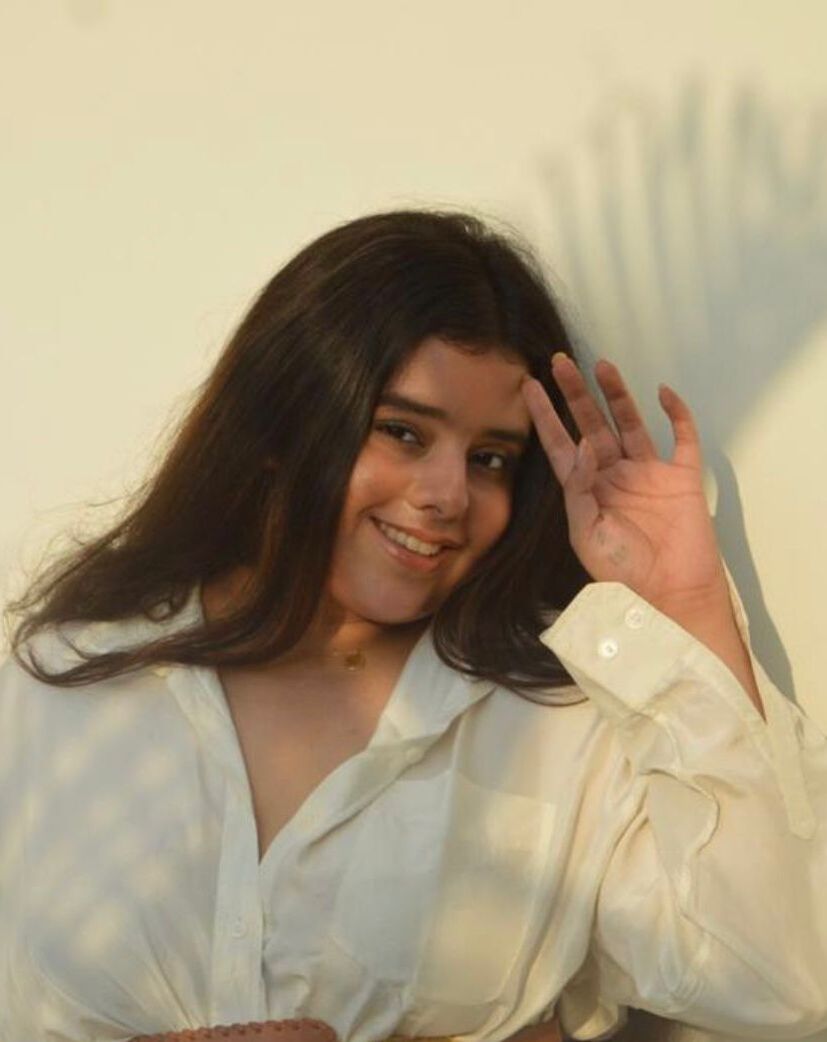The unconventional tool to address human concerns in a post-conflict society – Recreational Sports3/22/2022 A post-conflict society is fragile, where people have been left with the aftermath to build again. A place they knew was no longer whole, it was now filled with different people, a damaged daily life while yearning for lasting peace. Transition to normality comes with many social challenges. Amongst many, few are social discrimination, mental deterioration and questions about one’s future. These are sources of insecurity that highly contribute to the feeling of unsettlement. An unconventional way that is increasingly an essential facet in peacebuilding is recreational sports.
Around the world, in various post-conflict communities, recreational sports have offered a way to inclusion and rehabilitation. It does not stand for competition but for reconciliation – of human beings, of the human mind and for the human purpose. It caters to human needs without dipping into conflict prone factors. A hidden gem which is now recognized for its potential. In a disintegrated community, it is a binding actor beyond political forces. It has often been known to teach one important life values of discipline, trust, tolerance, respect, fair play and teamwork. Beyond religion and region: Today, our world is experiencing one of the most significant migration crisis due to conflict ridden societies. Bias against a “refugee” based on their race, ethnicity, caste and gender is often experienced. A feeling of insecurity waves through the residents of a country experiencing an influx of refugees. Returnees to a post conflict society seem to add to the weight of rebuilding and find it difficult to settle. This narrative is spread and based on the anti-refugee sentiment adapted by political forces that influence public opinion. Once it hits the psychology of the people, it starts affecting their behavior. From attitudes to access to basic resources, from job opportunities to their children's education, disparities are seen in every sector of life. This further creates feelings of isolation and leads to severe exclusion. It manifests into - as seen today - in hate speech, hate crime, suffering and deteriorating mental health. In the game of recreational sport, the same rules apply to everyone. There is no concept of differentiation based on religion, ethnicity, caste and nationality. It provides a safe space and brings people together by promoting communication and mutual respect. It has its own language and does not have social barriers that other fields might pose. By having an active sports programme, society can effectively use a tool that bridges the wall of distrust and allows humanity to be seen in opposing parties. Its function of a shared team transcends into a shared identity that gives way to friendship. For, Marwa Al Marzouk, at the Beddawi camp in North Lebanon, a 14-year-old girl explains how, playing soccer is an “international language that transcends religion, community or nationality.” Moreover, to make it a tool for long term influence, one should involve local organizations and authorities to promote the process. Sport in a post conflict society should promote what it wants to see: a lasting peace. As a mental outlet: Exposure to conflict can be a grave source of distress. The experience of traumatic events, damaged homes, and a radical change in their social environment can act as a catalyst to increasing mental health problems. For Noor, at the Za’atri camp in Jordan, “After the war started, I saw a lot of horrible things, rockets and bombs. We were displaced inside Damascus, and that’s when the fear and anxiety began. I was aggressive, anxious around my kids, and my relationships with friends and family were becoming difficult. I can see it now.” Many have a similar story to Noor. It affects their daily functioning, daily interactions, and ability to build back up. It can cause serious psychological and psychiatric issues such as PTSD and depression that could further lead to serious health issues. There is much ignorance and denial and a lack of resources to deal with severe mental health issues. This is when an inexpensive outlet, like Sports, comes in. Physical activity is an effective coping mechanism that successfully channels heavy feelings. It helps people distract themselves from their woes and stem them out in a healthy manner. Using the positive values of sports, they are open to social interaction in a safe space. An easily accessible tool that combats the stagnation of a post-conflict life. It allows the fearful to gain confidence and the idle to interact. It helps the health to stay in check and gain back some play in life. As a talent/employability opportunity A conflict eventually disrupts education and employability. A sport activity can help build skills and foster character development – both of which are essential for employers. Living in a post-conflict society, it is not uncommon to feel aimless. Here, sport can help empower people to focus and develop a routine. One can find a hobby in it, a hidden talent, or even a lifetime career. Yusra Mardini, a Syrian refugee, who swam her way to the IOC -Olympic Refugee team, explains, “Sport was our way out. It was kind of what gave us hope to build our new lives.” With just a platform, great leaders can be built. A focus on children Out of the total number of refugees, fifty percent are children. Many children in post-conflict societies have not lived a normal childhood filled with carefree joy. They have lived with fear and darkness. Activities such as sports are particularly important when it comes to the youth of the community. Many have forgotten how to be children and faced too early in life traumatic experiences that would frame their mindset towards life. The mindset matters as it forms their sense of community, family and belonging. It is important for children to participate in regular recreational activities to heal not only their emotional scars but start the engine for their mental and cognitive capabilities. To do that, there are many programs run in post-conflict societies. They vary from support groups to education. However, activities such as sports can foster great receptiveness that the other might lack. Through upliftment activities like sports, we see a different story of a refugee – a story of strength, learning and resilience. They are victims of situations they could not control, however, through adapting activities that help build them in every way, they are one step closer to grasping their lives. With a healthy mind, an inclusive place to call home and an activity they can choose to master, they will regain some aspects of normality.
0 Comments
Leave a Reply. |
Author
Anannya is an International Relations student at the Department of War Studies, King's College, London. She researched and wrote this article as part of the BizGees & War Studies Department Internship programme.
|

 RSS Feed
RSS Feed

